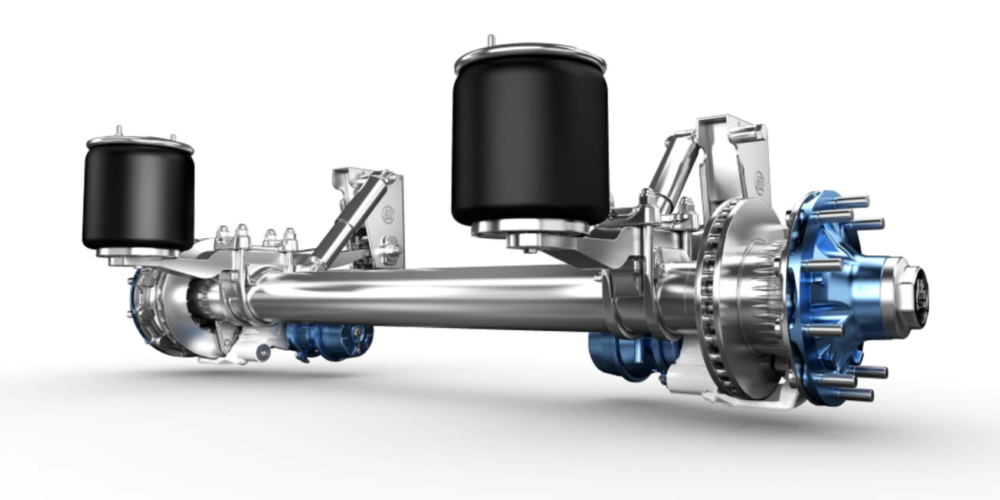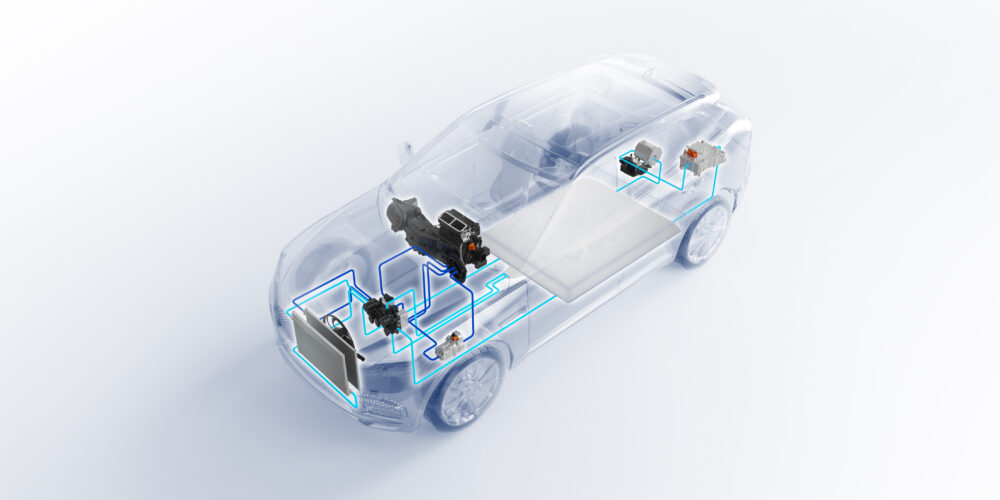CO2 standards for HDVs: Intermediate targets require massive deployment of charging and refuelling infrastructure
The European Commission has today published its revision of the CO2 emission standards for heavy-duty vehicles (HDVs), proposing extremely ambitious intermediate targets in 2030 (45%) and in 2035 (65%). Although the proposal allows for technology diversity, with a 90% target in 2040, enabling conditions remain a major concern.
CLEPA Secretary General, Benjamin Krieger, states: “To decarbonise logistics, the EU needs affordable, climate-neutral solutions. We appreciate maintaining technology diversity by not setting a phase-out mandate, however, the increase in 2030 and 2035 targets is very challenging. Only four years ago the 2030 target was set, which was already ambitious, and this target should be fixed.”
The fulfilment of the conditions for the penetration of zero-emission vehicles (ZEVs) needed to meet the existing 30% reduction target in 2030 is already uncertain, as it requires both accelerated reduction of technology costs and substantial policies that support infrastructure and encourage vehicle purchase.
CLEPA urges policymakers not to increase the 2030 target and consider a reasonable trajectory towards 2035. For the transition to succeed, we cannot rely on setting targets alone. Enabling conditions like charging and refuelling infrastructure as well as renewable electricity, hydrogen and fuels, must be secured. Afterall, commercial road transport is a B2B market driven by demand, which encompasses a broad range of use-cases and operator needs, demanding a wide array of affordable clean technology options.
The proposal also neglects to include a comprehensive approach to measuring the actual carbon footprint of a vehicle, focusing solely on tailpipe emissions. CLEPA advocates for an LCA approach, starting with well-to-wheel as a first step. Europe risks lagging behind other regions if it does not undertake the work of developing a harmonised standard for Europe.
CLEPA appreciates that the proposal includes a review clause in 2028, which will be of utmost importance to gauge progress on enabling conditions, and other external factors such as affordable and renewable energy availability.









